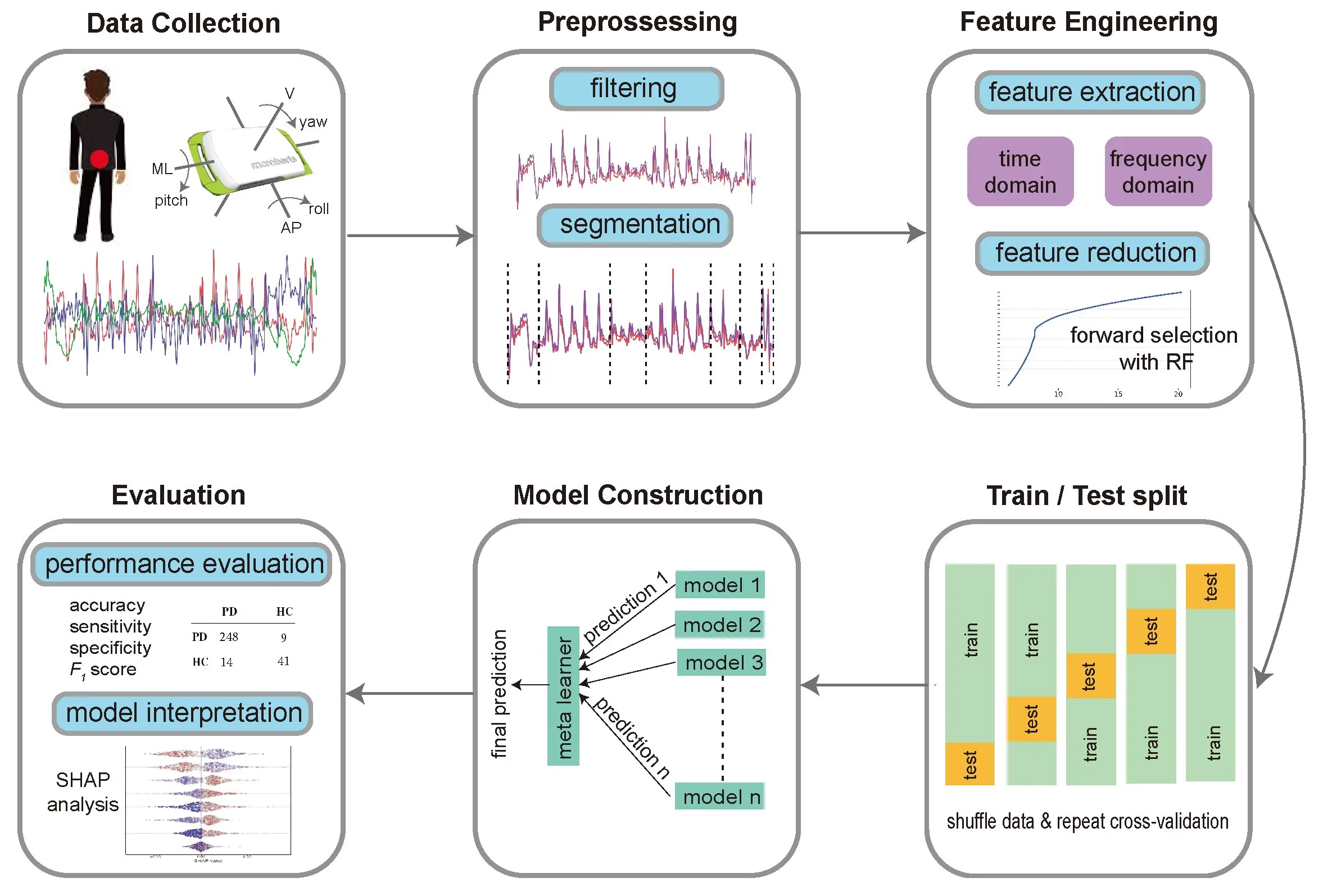Revolutionizing Health Research with Wearable Sensors and Machine Learning for Parkinson's

Innovative Approaches in Health Research
Health research is making strides with the integration of wearable sensors and machine learning technologies in diagnosing Parkinson's disease. Traditionally, diagnosing this movement disorder requires patients to perform various mobility tasks. However, the application of these advancements could allow for earlier detection and improved management of the condition.
The Role of Wearable Sensors
- Wearable sensors continuously monitor patient movement
- Gather data in real-time, providing insights into motor functions
- Enhance diagnostic accuracy and speed
Machine Learning's Impact
- Machine learning algorithms analyze vast amounts of data
- Identify patterns linked to the early stages of Parkinson's
- Support healthcare providers in making informed decisions
This health research could significantly impact how we approach Parkinson's disease, ultimately improving patient care and outcomes.
Disclaimer: The information provided on this site is for informational purposes only and is not intended as medical advice. We are not responsible for any actions taken based on the content of this site. Always consult a qualified healthcare provider for medical advice, diagnosis, and treatment. We source our news from reputable sources and provide links to the original articles. We do not endorse or assume responsibility for the accuracy of the information contained in external sources.
This article was prepared using information from open sources in accordance with the principles of Ethical Policy. The editorial team is not responsible for absolute accuracy, as it relies on data from the sources referenced.